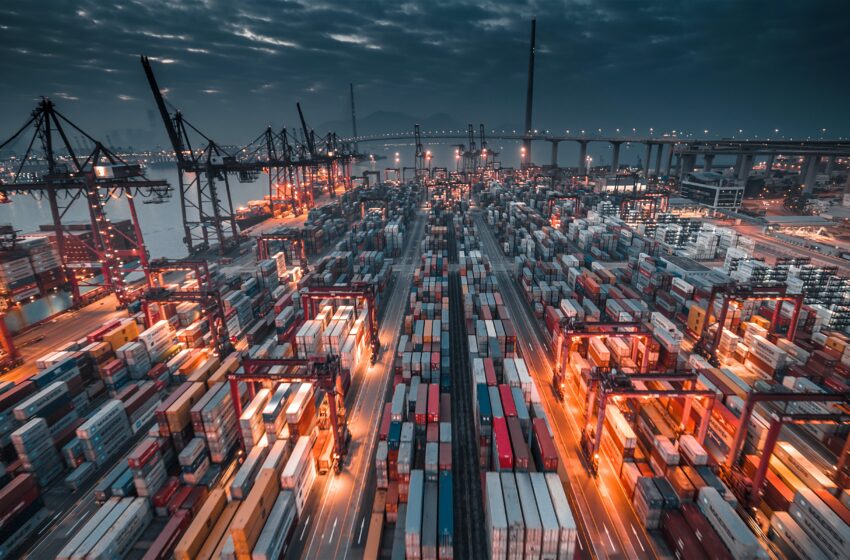
globalbizmag.com
Africa’s Trade Set to Reach $952 Billion by 2035, Says Report
As globalisation continues to power cross-border trade, exports from Africa, currently $645.3 billion, are set to reach $952 billion by 2035, with connections across South Asia, East Asia and the Middle East growing at particular pace, Standard Chartered, the UK-based international bank, said.
In its latest report, entitled “Africa’s Trade Is At A Tipping Point,” Standard Chartered that intra-African trade is also expected to flourish – flows within East and West Africa will grow by 15.1% and 13.2% respectively, far outpacing the global average of 4.2%.
The report, however, said that there was work to do to guarantee this expansion, though. “African markets face complex and uncertain trade rules, poor governance, underdeveloped infrastructure, and high costs of capital. These are all a concern for – on average – half of the business leaders in the region,” it said.
Africa also has a high rate of variance in development levels among its constituent nations. We must take care to avoid the pitfalls of a blanket approach to trade policy and development.
Future of Trade
The Bank’s Africa supplement lays out recommendations for navigating the challenges ahead and wants the continent’s businesses and markets to focus on building up regional value chains and integrating into the global economy.
The introduction of the Africa Continental Free Trade Area (AfCFTA) – a landmark achievement bringing together 54 diverse markets – should help significantly here.
“Implemented effectively, it can radically reshape future growth and development. It will enable higher value-add supply chains and more diversified exports, allowing member states to overcome historical commodity dependence and achieve meaningful progress towards multiple Sustainable Development Goals. In fact, the World Bank estimates that AfCFTA will boost the region’s exports by up to 29% through to 2035,” the report said.
Effective trade policy will require the variance between Africa’s markets and often conflicting national and regional objectives to be built in. It will need to balance local industrialisation and development goals with those geared to improve market access and build integrated regional value chains.
Connecting Capital
Standard Chartered also advocated a policy framework geared towards export-oriented industrial growth, a focus on the formation of regional value chains, new trade facilitation measures, cross-border transport infrastructure and importantly the development of tech-driven, interoperable financial infrastructure such as the evolving Pan-African Payment and Settlement System. Underpinning these objectives is a critical focus on better governance and more cooperation.
The international system must also share its expertise and capital to enable Africa’s transition to a higher-value part of global supply chains.
To bridge gaps in infrastructure financing, global capital needs to be connected to where it matters most in the region. Standard Chartered is using innovative solutions such as blended finance to facilitate sustainable development projects in markets such as Tanzania – these include construction of hospitals, roads and railways, in collaboration with local governments and multilateral development institutions. This approach reduces risk and encourages the ‘crowding in’ of private capital further down the line.
At the same time, there is a need to make sure future growth is more sustainable and inclusive. Technology can be a game changer here – digital supply chain finance platforms, for example, offer a chance for smaller suppliers in Africa to access more cost-effective and competitive access to capital, improving the scope of regional and global supply chains, along with the ability to track ESG compliance.
“African economies stand on the verge of significant trade growth and their success in the decades ahead depends on marshalling the right policies, securing cooperation, and applying technology and capital to build better connections within the continent, and beyond,” the report noted.














